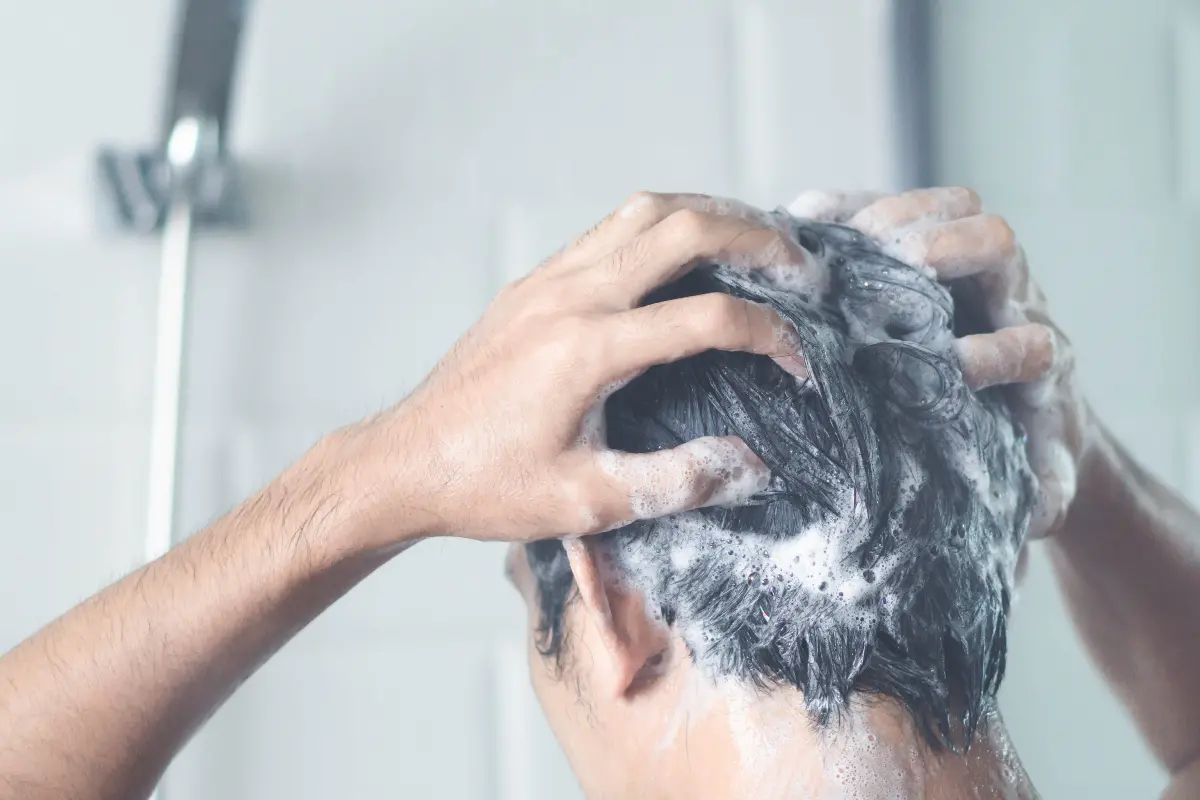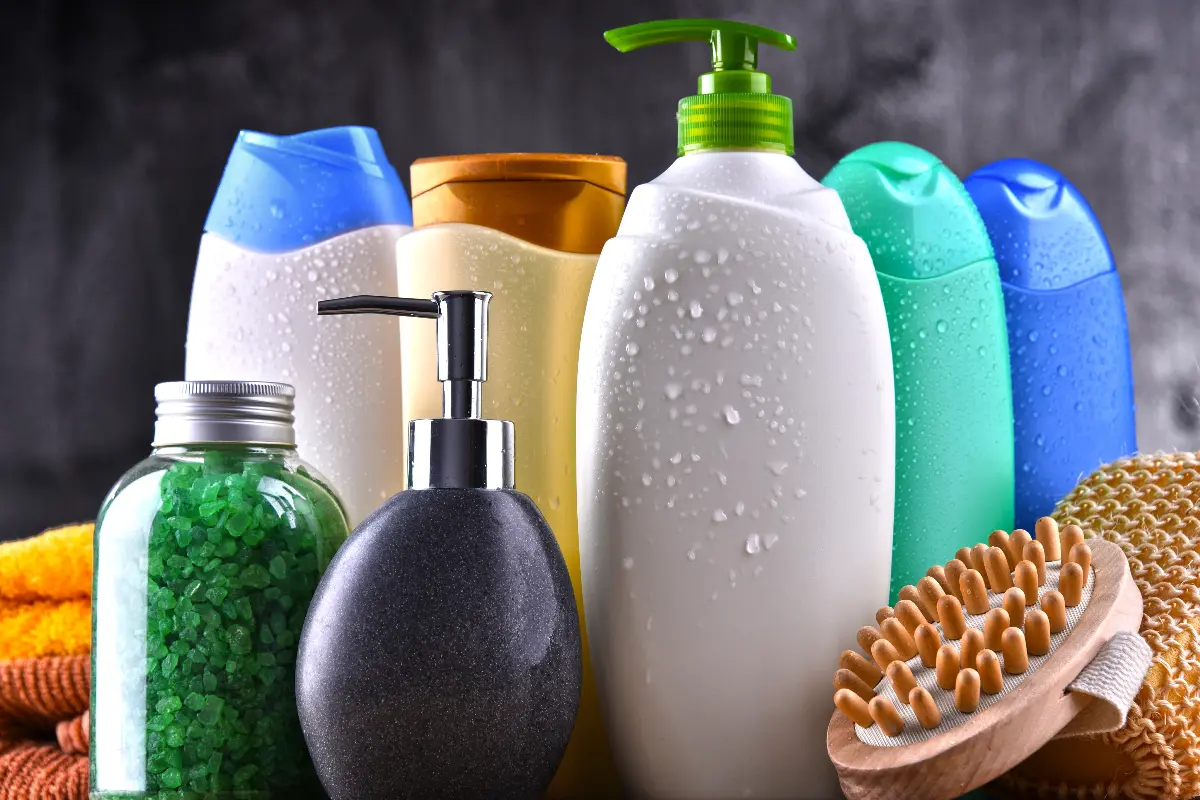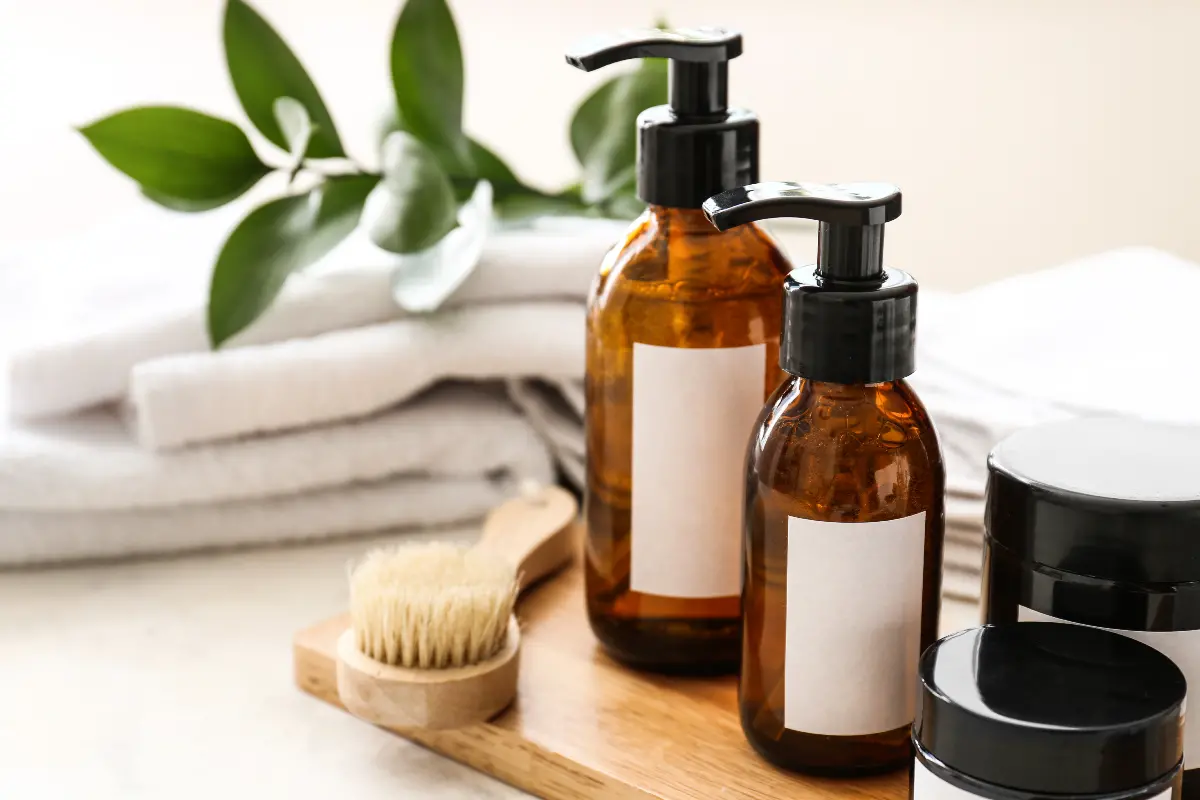In the bustling aisles of your local supermarket or the endless digital shelves of online marketplaces, the sheer variety of shampoos can be overwhelming. Each bottle promises lush, radiant, and healthy hair, but how can you sift through the marketing jingles to find the right shampoo for your unique tresses? Understanding the nuances of hair care can lead you to your ideal match, and it starts with getting to know your scalp and hair type.

First and foremost, it's essential to recognize that shampoo isn't just about keeping your hair clean; it's about starting a healthy hair routine right from the scalp. A balanced scalp is fundamental for healthy hair growth, so your shampoo should cater to its needs. Is your scalp oily, dry, or maybe prone to dandruff? Different scalp types require different ingredients. For example, for an oily scalp, look for shampoos with clarifying properties such as those containing tea tree oil or salicylic acid. Dry scalps, on the other hand, would benefit from moisturizing ingredients like glycerin or shea butter.
Next, zero in on your hair type. Whether it's curly, straight, color-treated, fine, or thick, your strands have specific needs. Curly hair often requires more moisture to maintain its shape and prevent frizz, so creams and oils in shampoos can be your allies. Color-treated hair demands color-safe formulations that won't strip away dye, including shampoos that are sulfate-free and have antioxidants like vitamin E. Fine hair needs volumizing agents to lift it at the roots, while thick hair might require more intensive hydrating components to penetrate each strand.
If damage control is high on your list, opt for restorative shampoos. Ingredients like keratin and Argan oil work wonders on repairing stressed and heat-damaged hair fibers, reviving them to their natural strength and sheen. However, repair-focused shampoos could be too heavy for fine hair, leading to a flat appearance, so it’s important to consider your hair’s texture and density.
Sulfates are commonplace in many shampoos; they're what cause that rich lather we've come to associate with cleanliness. But sulfates can be harsh, stripping necessary oil from your hair and scalp, which might not be ideal for everyone, particularly those with sensitive skin or who are prone to irritation. Sulfate-free shampoos are gentler but might not provide that satisfying sudsy experience. Ultimately, preference plays a role, but for delicate scalps, gentleness takes precedence over lather.

Natural and organic ingredients in shampoos have become increasingly popular due to their perceived safety and environmental benefits. While these ingredients can be beneficial, it's essential to note that natural does not always mean better or safer for everyone. Always check for potential allergens, even in plant-based products, to avoid scalp irritation or allergic reactions.
Alongside the primary washing function, some shampoos target specific issues such as hair loss or thinning. These often contain active ingredients like biotin, caffeine, or niacin, which aim to stimulate the scalp and promote hair growth. While some find them effective, it's essential to have realistic expectations and understand that such shampoos are not miracle-workers but can be part of a broader approach to haircare that includes a balanced diet and proper hair maintenance.
For those who make sustainability a priority, the environmental impact of your shampoo choice might also weigh on your mind. Eco-conscious consumers may prefer products housed in recyclable or biodegradable packaging, with formulas free from microplastics or silicones that can contribute to water pollution.
Don't forget to consider your personal washing habits. If you're an everyday washer, a mild formula designed for regular use is ideal to prevent stripping your hair of its natural oils. Infrequent washers, however, may need a deeper cleanse to remove build-up, so a shampoo with stronger cleansing agents might be necessary.

Temperature and weather can also influence your choice of shampoo. During cold, dry winters, a moisturizing shampoo can help combat static and dryness. In contrast, in humid conditions, a frizz-control or lightweight formula can help maintain your hair's manageability.
Finally, it is always worthwhile to patch-test a new shampoo. Apply a small amount on your inner arm or behind the ear, and wait for 24 hours to observe any adverse reaction before you incorporate it into your hair-care routine.
Selecting the fitting shampoo might seem like an inconsequential task, yet it is the bedrock upon which lustrous locks are built. By being attuned to the particular cries of your hair and scalp, you can filter through the cacophony of choices with ease. Remember, healthy hair begins at the root – quite literally – with the right shampoo paving the way to a vibrant, healthy mane. And when you find that magical concogette that seems to understand your hair better than you do, it's not just good hygiene—it's haircare nirvana.
